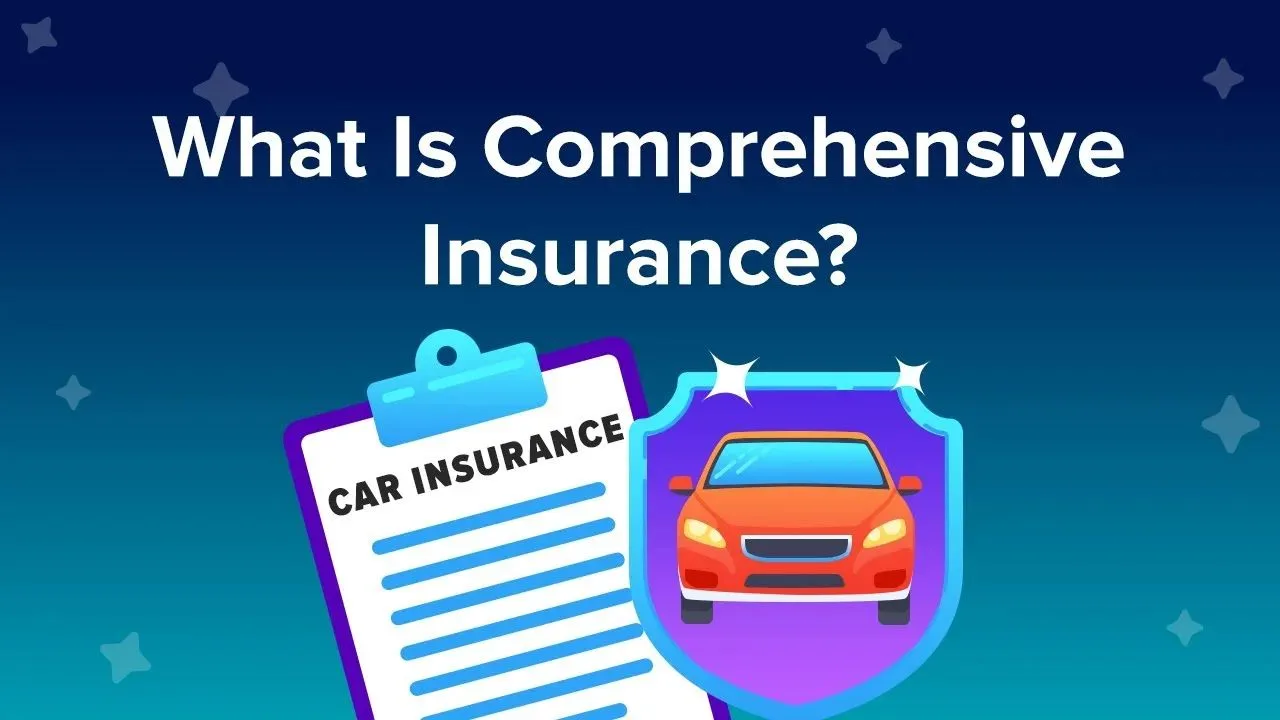If you’re a driver, you’ve likely heard the term “collision insurance” thrown around in discussions about auto coverage. But what exactly does it entail, and why is it so crucial? In this article, we’ll unravel the complexities of collision insurance, providing you with a comprehensive understanding of what it is, how it works, and why it’s an indispensable component of every driver’s insurance portfolio.

1. Introduction to Collision Insurance
Collision insurance is a type of auto coverage that helps pay for repairs to your vehicle in the event of an accident, regardless of fault. Unlike liability insurance, which covers damages to other vehicles and property, collision insurance protects your own vehicle.
2. Understanding Collision Coverage
What is Collision Insurance?
Collision insurance is designed to cover the costs of repairing or replacing your vehicle if it’s damaged in a collision with another vehicle or object, such as a tree or building.
How Does Collision Insurance Work?
When you purchase collision coverage, you’ll typically select a deductible, which is the amount you’ll pay out of pocket before your insurance kicks in. Once you’ve paid the deductible, your insurer will cover the remaining cost of repairs, up to the actual cash value of your vehicle.
3. Coverage and Limitations
What Does Collision Insurance Cover?
Collision insurance typically covers damages resulting from collisions with other vehicles, objects, or rollovers.
What Doesn’t Collision Insurance Cover?
Collision insurance usually does not cover damages from non-collision events, such as theft, vandalism, or natural disasters. It also may not cover medical expenses for injuries sustained in an accident.
4. Importance of Collision Insurance
Protection for Your Vehicle
Collision insurance provides peace of mind knowing that you’ll have financial assistance to repair or replace your vehicle in the event of an accident.
Financial Security
Without collision insurance, you could be left with hefty repair bills or the burden of replacing your vehicle entirely, which can strain your finances.
5. Factors Affecting Collision Insurance Premiums
Vehicle Value
The value of your vehicle plays a significant role in determining your collision insurance premiums. Newer, more expensive cars typically cost more to insure than older, less valuable vehicles.
Deductible Amount
Choosing a higher deductible can lower your collision insurance premiums but will require you to pay more out of pocket in the event of a claim.
Driving Record
Drivers with a history of accidents or traffic violations may face higher collision insurance rates due to their increased risk profile.
6. Types of Collision Insurance
Actual Cash Value (ACV)
ACV coverage reimburses you for the actual cash value of your vehicle at the time of the accident, taking depreciation into account.
Replacement Cost Coverage
Replacement cost coverage pays for the cost of replacing your vehicle with a similar model, regardless of depreciation.
7. How to Obtain Collision Insurance
Through Auto Insurance Providers
Most auto insurance providers offer collision coverage as part of their standard policies or as an optional add-on.
Optional vs. Mandatory Coverage
While collision insurance is not typically required by law, it’s often recommended for drivers who want to protect their vehicles from unforeseen accidents.
8. Frequently Asked Questions (FAQs)
- Is collision insurance required by law?No, collision insurance is not legally required, but it’s often recommended for added financial protection.
- Can I choose my deductible amount for collision coverage?Yes, you can typically choose your deductible amount when purchasing collision insurance.
- Does collision insurance cover rental car expenses?Some policies offer coverage for rental car expenses while your vehicle is being repaired, but it’s not always included.
- Will my collision insurance rates increase after an accident?Depending on your insurance provider and the circumstances of the accident, your rates may increase after filing a claim.
- Can I add collision insurance to an older vehicle?Yes, you can add collision insurance to older vehicles, but it may be less cost-effective than insuring a newer vehicle.
In conclusion, collision insurance is a vital component of auto coverage that provides financial protection and peace of mind for drivers. By understanding how collision insurance works, what it covers, and how to obtain it, you can navigate the complexities of auto insurance with confidence and ensure that you’re adequately protected on the road.



